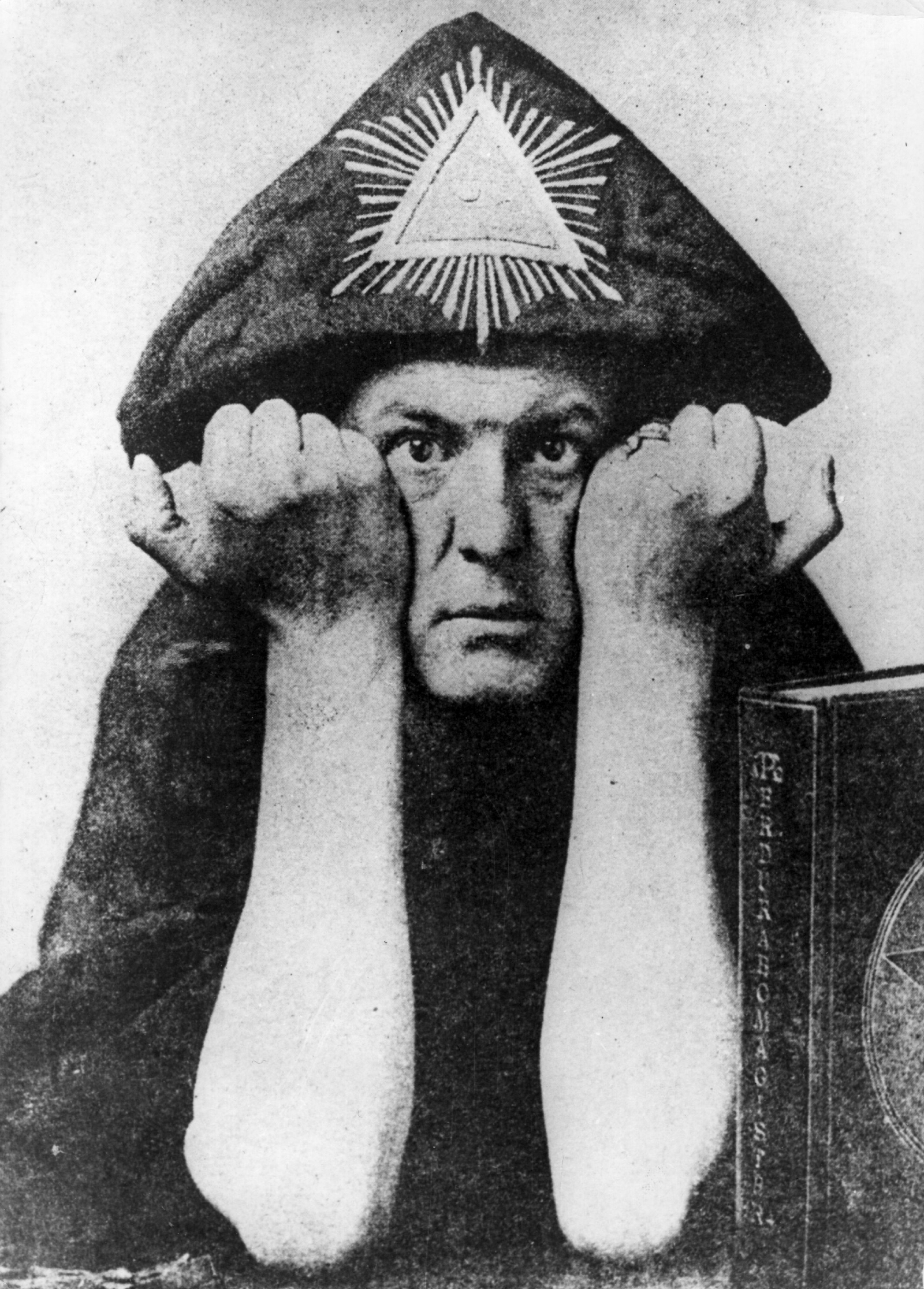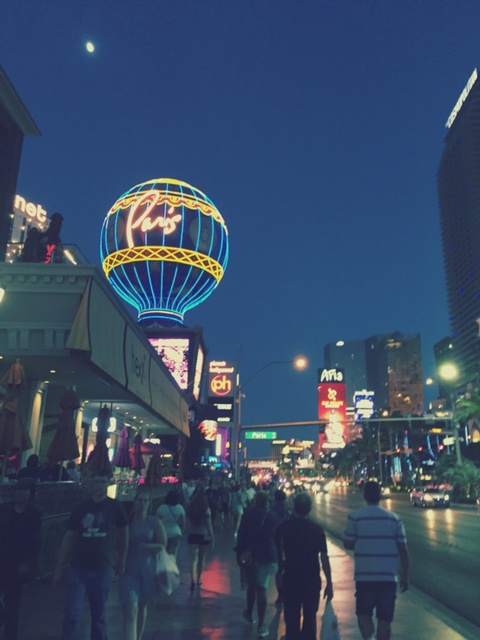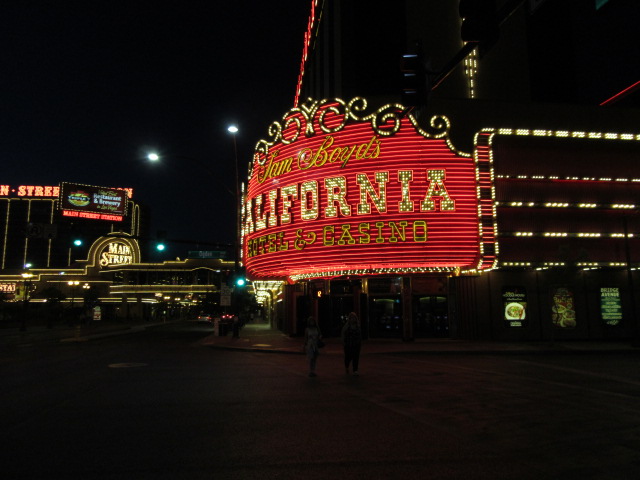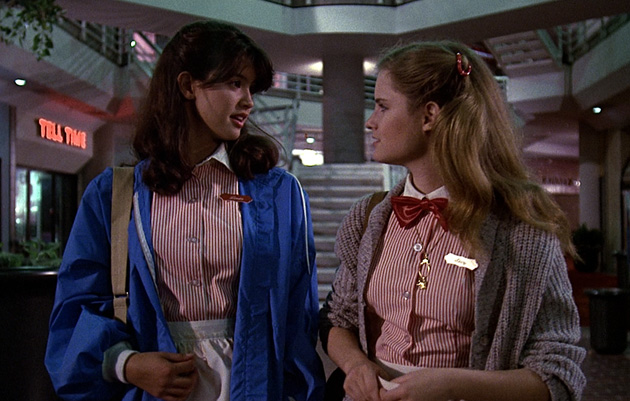Robert Stark and Francis Nally (aka Pilleater) talk to Kitemporal about philosophy, class, eugenics, sexuality, and gender roles. Kitemporal describes himself as a Radical Leftist, individualist, and eugenicist. Subscribe to his Substack and follow him on Twitter/X.
Topics include:
-Why Kitemporal calls himself a leftist, even though the left and right are arbitrary terms
-How managerial liberalism stifles human potential and is dysgenic
–The backrooms as a metaphor for managerialism
-Why deconstruction is a valuable tool and can have anti-liberal results
-Why the Right has more respect for Bolsheviks than liberals
-How eugenics can be used for egalitarian aims (eg. breeding out toxic masculinity)
-Why Kitemporal calls himself a natalist nihilist
-The pros and cons of eugenics based on class
-Fertility trends by class
-Do libertarians, nerds, and artists have the lowest fertility?
-Beauty dysgenics
-Eurasians as a distinctly upper middle class ethnogenesis
-Why Kitemporal disagrees with the Ancient Problemz show that guys getting oral is upper class coded but rather macho coded
-How the normalization of fetishes makes them less transgressive
-The Ahegao face meme
-Whether low status men going down on high status women can ease the incel issue and perhaps class warfare
-How anything can be normalized as high status to NPCs
-The latent bisexual undercurrents in rightwing politics
-Kitemporal’s new money redneck background
-Kitemporal’s esoteric proposals for gender roles
-How granting women the option of taking on full male gender roles discredits feminism
-Kitemporal’s religion of Dynostiscism
Click Here to download!
Checkout Robert Stark’s Facebook page, Twitter, Instagram, Stark Truth TV, novel Vaporfornia, and subscribe to his Substack.












